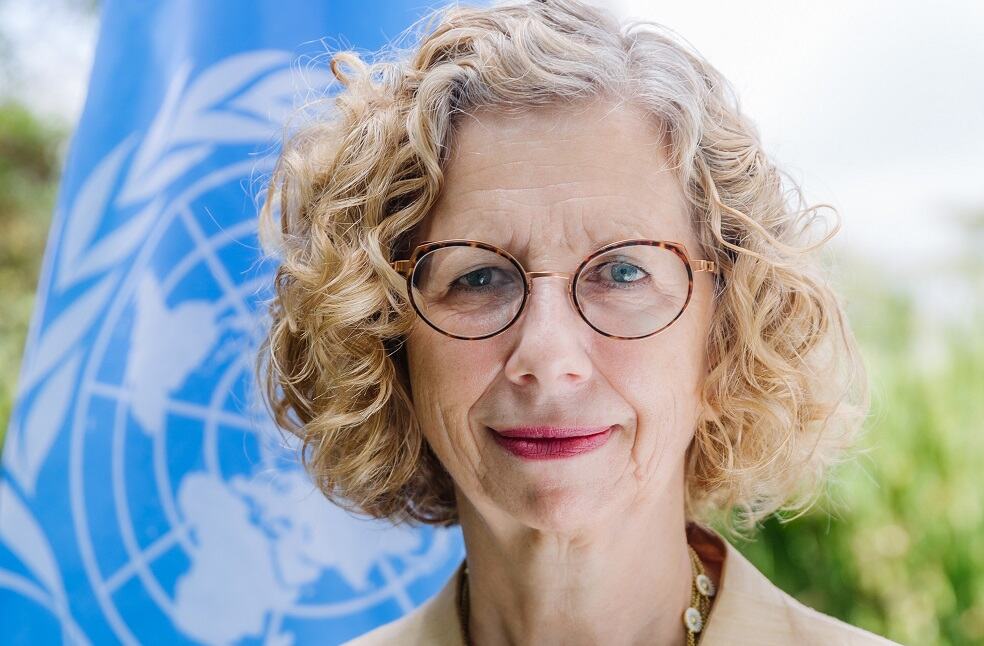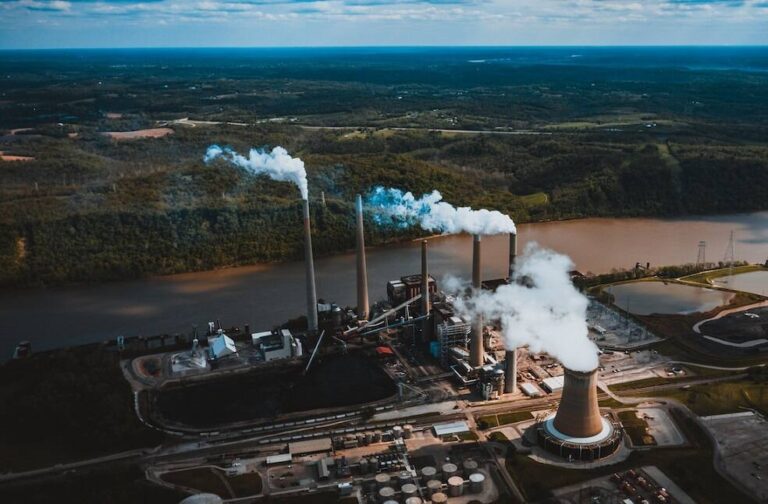Kenya: The United Nations (UN) warned that countries planning to expand the fossil fuel industry would push the world far beyond the Paris deal’s 1.5 ºC global warming limit.
Most of the world’s fossil fuel producers have committed to achieving “net-zero” emissions by 2050. It aligns with the Paris Agreement’s goal of limiting global warming to well below two degrees Celsius (2.7 degrees Fahrenheit) above pre-industrial levels and ideally keeping it at a safer 1.5 degrees Celsius.
The report comes ahead of the 2023 United Nations Climate Change Conference (COP28) in the United Arab Emirates (UAE), which is scheduled to take place from November 30 to December 12, 2023.

However, the annual United Nations Environment Programme (UNEP) report shows that the production plans of the top 20 producing countries, including the United States, China, Russia, Australia, and the UAE, are heading in the opposite direction.
The report revealed that governments have production levels that are in line with the global warming limits of 1.5 and 2 degrees Celsius but are also surpassing their own declared emissions commitments and policies.

“Governments’ plans to expand fossil fuel production are undermining the energy transition needed to achieve net-zero emissions, throwing humanity’s future into question. Starting at COP28, nations must unite behind a managed and equitable phase-out of coal, oil, and gas to ease the turbulence ahead and benefit every person on this planet,” said Mr. Inger Andersen, UNEP Executive Director.
The primary contributor to climate change is the burning of fossil fuels, responsible for the majority of carbon emissions that fuel global warming, resulting in record-high temperatures, severe weather events, and rising sea levels.



